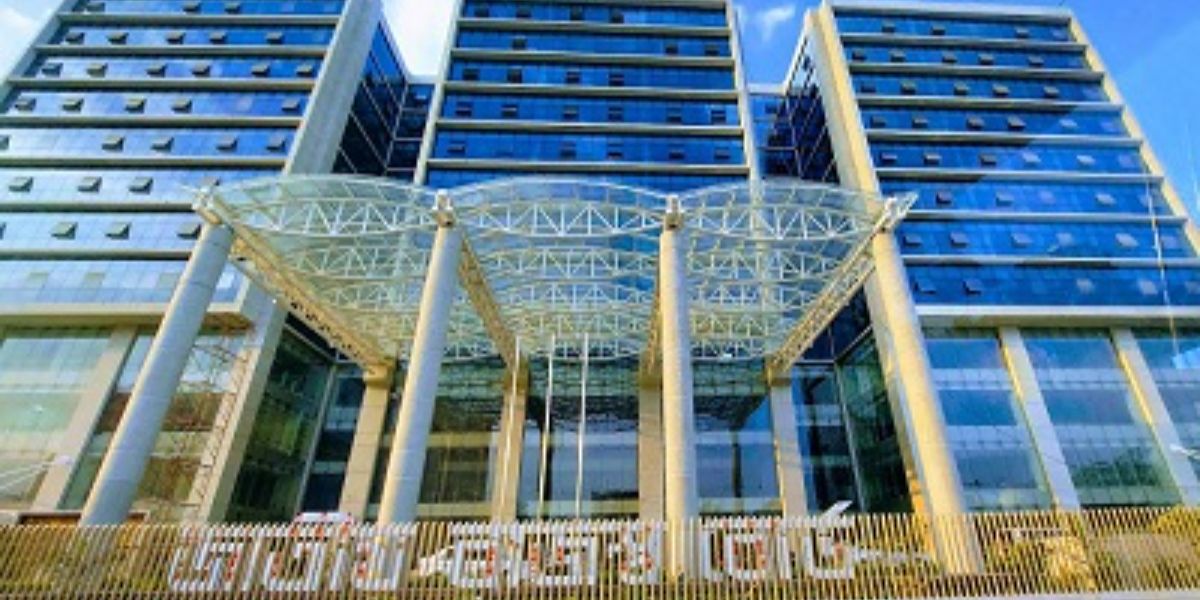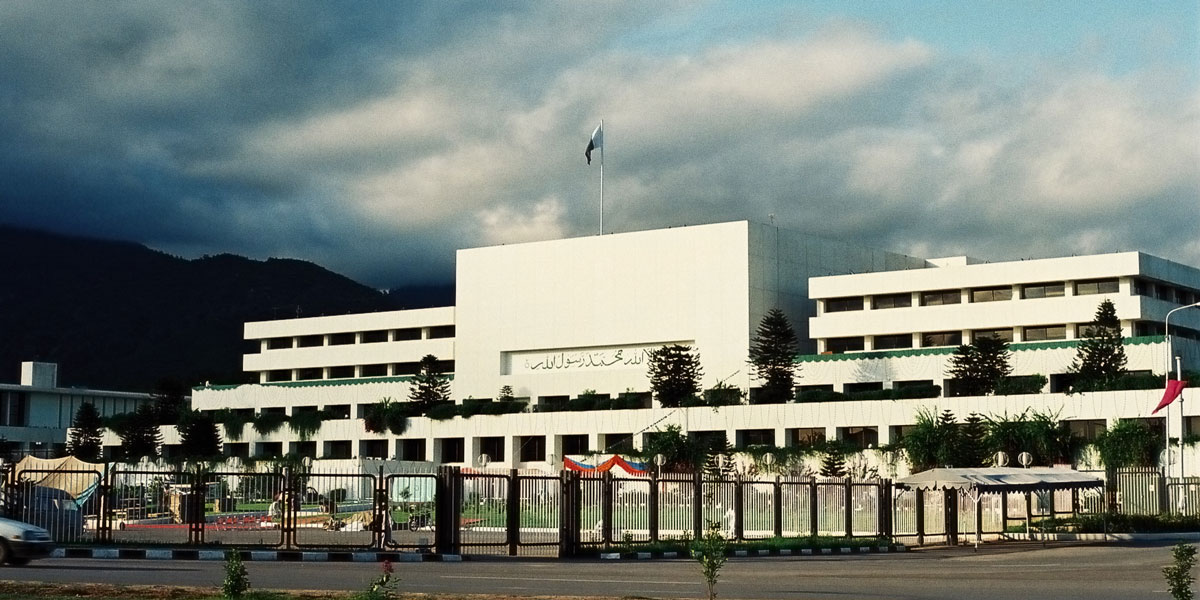On 17 November 2015 the IMF issued a report following the completion of discussions with Bangladesh under Article IV of the IMF’s articles of agreement.
Real GDP growth has been strong and the ratio of public debt to GDP has remained at a moderate level. Real GDP growth rates are expected to remain at the current level in 2016 with growth supported by public investment and remittances. Over the medium term if policies remain prudent growth is expected to increase gradually to 7%, boosted by further public investment and stronger private investment as regulatory constraints ease.
The IMF report notes that challenges to the economy remain. The ratio of tax revenue to GDP is among the lowest in the world and public spending on infrastructure is also low compared to countries at a similar stage of development. Private investment has been held back by infrastructure and transport bottlenecks and the burden of high regulation.
The IMF discussed with the government policies and reforms to strengthen the resilience of the economy, create fiscal space (for example through higher revenue) and boost private investment. Maintenance of high growth will require high spending on infrastructure. Steps to improve the climate for business could include streamlined tax and customs procedures.
Tax revenues must be significantly increased to create the fiscal space for higher spending. The IMF noted that the measures in new VAT Act are to be implemented in July 2016. The VAT will raise additional resources while protecting low income groups and making tax administration more transparent, reducing compliance costs. The implementation of VAT should be combined with more efforts to strengthen the tax administration in particular through more automation.













